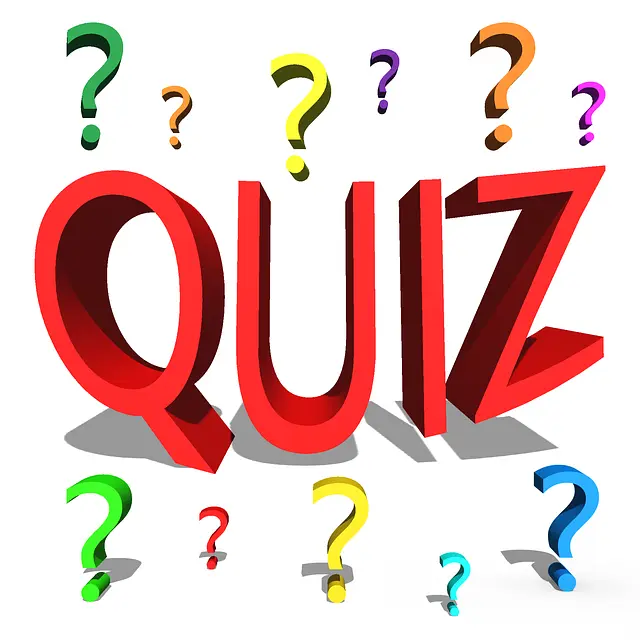Introduction:
Quizzes have become an (existing all over a large area) device in the present quick-moving universe of schooling, diversion, and commitment. From homerooms to online stages, quizzes fill many needs, including judgement (of value), diversion, and information support. What exactly is a quiz? How about we jump into the universe of quizzes to decide/figure out their substance, types, advantages, types, advantages, and applications?

Definition of a Quiz
A quiz is a type of game or mind sport in which members effort/try to (in a way that’s close to the truth or true number) respond to questions. It very well may be a well-said (with a small number of words) (process of figuring out the worth, amount, or quality of something) used in training and (serving to compare two or more things) fields to measure development in information, abilities (to hold or do something), or abilities. Quizzes can be controlled in different setups, including composed, on the web, or even as live occasions.
Quiz category’s
(shows things) Quizzes: These are utilized in educational settings to test the understanding of students who can make sense of a subject. They can be formative (to really take a look at understanding during the developing experience) or assumptive, (to review data close to the completion of an instructive unit).
Character Quizzes: These quizzes are popular on entertainment and gaming websites, helping individuals discover something significant to them, such as which character they resemble from a TV show or movie. They provide an interactive way for people to engage with their favorite characters and stories.
Trivia quizzes: involve a wide range of information across various topics like history, famous individuals, and more. They are often used in bar quizzes or trivia nights.
Intelligent Quizzes: Tracked down on cutting edge organizes, these tests give second info and frequently incorporate/consolidate sight and sound parts/pieces like pictures and accounts to overhaul responsibility.
Illness distinguishing Quizzes: Utilized in instructive and proficient settings to recognize qualities and shortcomings in a specific subject or range of abilities.
Quizzes offer a scope of advantages that make them an important device in different settings:
Knowledge Reinforcement: Quizzes assist with supporting advancement by empowering the review and utilization of data. This active engagement enhances memory retention.
Engagement: Quizzes are interactive and fun, making them a great way to keep participants engaged. This is especially helpful in educational settings where it is important to maintain student interest.
Feedback: quizzes give quick criticism, permitting students to grasp their mix-ups and gain from them. This is gainful for the two teachers and understudies.
Assessment: Quizzes are a fast and proficient method for evaluating information and abilities. They can be utilized to distinguish regions that need improvement and to quantify progress after some time.
Entertainment: Beyond educational purposes, quizzes serve as a source of entertainment. They can break the ice in social gatherings or serve as a fun activity among friends.
How to Create an Effective Quiz
Creating an effective quiz involves several key steps:
- Define the Purpose: Determine the primary goal of the quiz. Is it to educate, entertain, assess, or engage? This will guide the content and format.
- Choose the Format: Decide whether the quiz will be multiple-choice, true/false, short answer. The format should align with the purpose and audience.
- Craft Clear Questions: Questions should be concise and clear. Avoid ambiguity to ensure participants understand what is being asked.
- Provide Immediate Feedback: providing immediate feedback helps reinforce learning. Explain why an answer is correct or incorrect.
- Engage with Multimedia: Use images, videos, and interactive elements to make the quiz more engaging and visually appealing.
- Test and Refine: test it with a little gathering to distinguish any issues. Refine the questions and format based on feedback.
Conclusion
Quizzes are (able to do many different things well) tools that can be used for different purposes, from training to entertainment and engagement. Their ability to gather information and engage people (who were part of a study, etc.) makes them valuable in educational and social settings. Whether your students need an assessment or your business aims to communicate with customers, quizzes provide a clear and fun solution.



